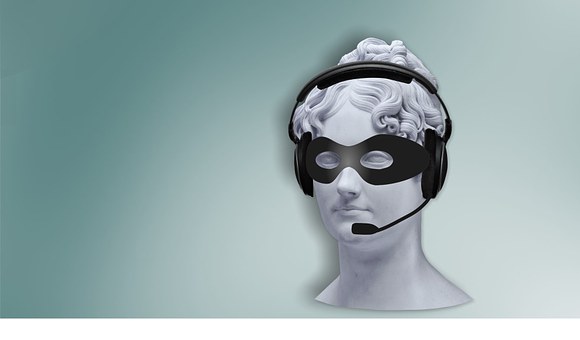‘Can You Hear Me?’ Scam Returns with Twist
The Better Business Bureau is warning consumers about an old scam with a new twist. The “Can You Hear Me?” scam has long been used to coerce businesses into purchasing office supplies and directory ads they never actually ordered, but now it’s targeting individual consumers, too.
During the last few days of January, more than half of the reports to BBB Scam Tracker have been about this particular scam.
Consumers say the calls are about vacation packages, cruises, warranties and other big-ticket items. So far, none have reported money loss, but it’s unclear how the scams will play out over time, or if the targets will be victimized at a later date.
Here’s how it works: You get a call from someone who almost immediately asks “Can you hear me?” Their goal is to get you to answer “yes,” which most people would do instinctively in that situation. There may be some fumbling around; the person may even say something like “I’m having trouble with my headset.” But in fact, the “person” may just be a robocall recording your conversation.
That “yes” answer you gave can later be edited to make it sound like you authorized a major purchase.
BBB is offering consumers the following advice:
- Use caller ID to screen calls, and consider not even answering unfamiliar numbers. If it’s important, they will leave a message and you can call back.
- If someone calls and asks “Can you hear me?” do NOT answer “yes.” Just hang up. Scammers change their tactics as the public catches on, so be alert for other questions designed to solicit a simple “yes” answer.
- Make a note of the number and report it to BBB to help warn others. BBB also shares Scam Tracker information with government and law enforcement agencies, so every piece of information is helpful in tracking down scammers.
- Consider joining the Do Not Call Registry (DoNotCall.gov) to cut down on telemarketing and sales calls. This may not help with scammers since they don’t bother to pay attention to the law, but you’ll get fewer calls overall. That may help you more quickly notice the ones that could be fraudulent.
- Check your bank and credit card statements regularly for unauthorized charges. It’s also a good idea to check your telephone and cell phone bills, as well. Scammers may be using the “yes” recording of your voice to authorize charges on your phone. This is called “cramming” and it’s illegal.

















